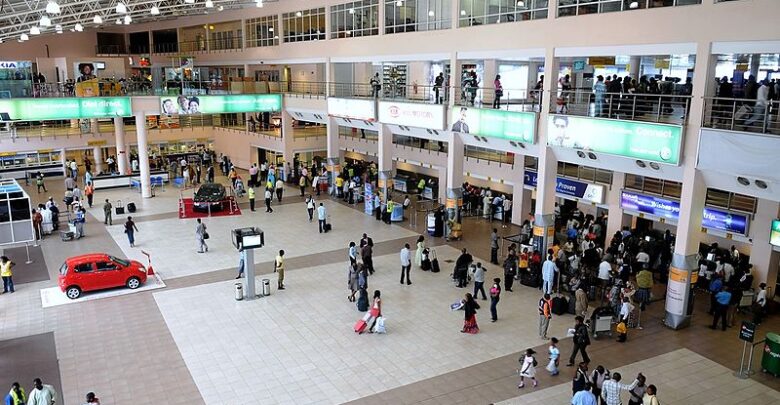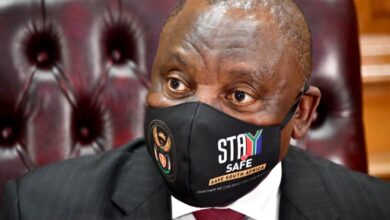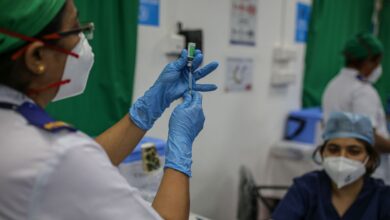South Africa
South African President Ramaphosa Announces Reopening Of Borders To Most Countries

South African President Cyril Ramaphosa on Wednesday announced the reopening of the country’s borders to most countries next month, as the government further eases anti-coronavirus measures, reported The BBC. South Africa had one of the world’s earliest and strictest lockdowns since March 2019.
“We will gradually and cautiously ease restrictions on international travel… allowing travel into and out of South Africa for business, leisure and other travel with effect from the 1st of October 2020,” Ramaphosa said in an address to the nation.
The South African President, however, said that travel may be restricted to and from certain countries that have high infection rates. The list of permitted countries will be made based on the latest scientific data. The announced was made as South Africa moves to Level 1 of the lockdown, starting midnight on Sunday, 20 September 2020.
“This move recognises that levels of infection are relatively low and that there is sufficient capacity in our health system to manage the current need,” Ramaphosa said.
He said the country will gradually and cautiously ease restrictions on international travel.
“We will be allowing travel into and out of South Africa for business, leisure and other travel with effect from 1 October 2020,” Ramaphosa said.
The South African president said the curfew hours will now apply between midnight and 4am, gatherings will be allowed at 50% of a venue’s capacity, with a cap of 250 people for indoor events, and alcohol will again be on sale. But social distancing and mask-wearing rules will remain in place.
Ramaphosa said updated restrictions will be announced over the next few days.
South Africa has so far reported more than 653,000 confirmed infections, with over 15,700 deaths, around half the total number of cases detected in Africa. However, the number of new coronavirus cases reported every day has dropped from about 12,000 per day in July to less than 2,000.





